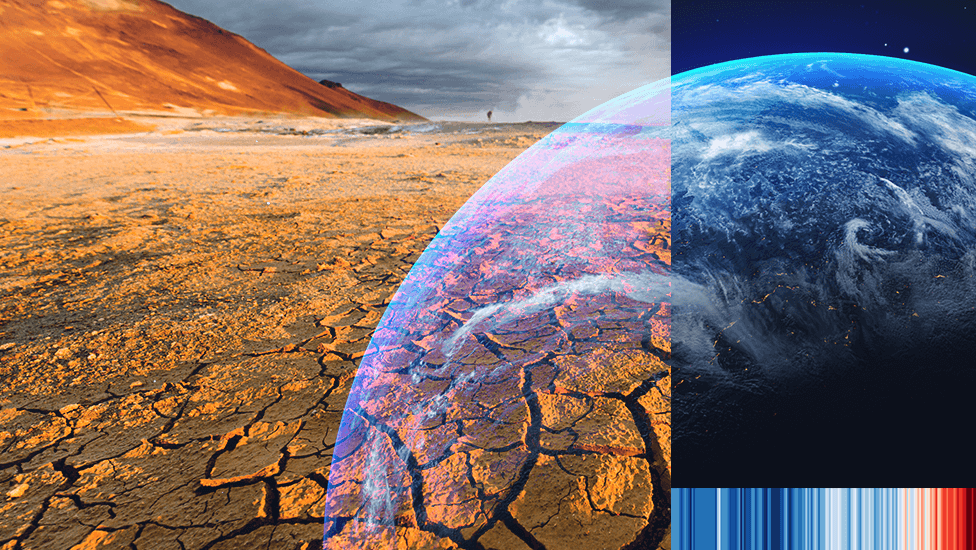Climate change refers to significant and lasting alterations in global or regional climate patterns, primarily attributed to human activities that release greenhouse gases into the atmosphere. These gases, including carbon dioxide (CO2), methane (CH4), and nitrous oxide (N2O), trap heat from the sun, leading to a warming effect known as the greenhouse effect.
The primary cause of climate change is the burning of fossil fuels such as coal, oil, and natural gas for energy, transportation, and industrial processes. Deforestation, industrial agriculture, and certain land-use practices also contribute by reducing the Earth's capacity to absorb carbon dioxide.
The impacts of climate change are diverse and far-reaching. They include rising temperatures, more frequent and severe weather events like hurricanes, floods, and droughts, melting polar ice caps and glaciers, rising sea levels, disruptions to ecosystems and biodiversity, and threats to food and water security. These effects disproportionately affect vulnerable populations, exacerbating poverty, inequality, and displacement.
Addressing climate change requires global cooperation and concerted efforts to reduce greenhouse gas emissions and transition to renewable energy sources. Solutions include implementing policies to limit emissions, investing in clean energy technologies, promoting energy efficiency, adopting sustainable land-use practices, protecting forests and oceans, and adapting to the changing climate through resilient infrastructure and community planning.
In conclusion, climate change poses one of the greatest challenges of our time, with profound implications for the environment, society, and economy. Urgent action is needed to mitigate its impacts and build a more sustainable and resilient future for generations to come. By working together, we can address this crisis and create a healthier, more equitable world for all.


Helo >:)
ReplyDelete